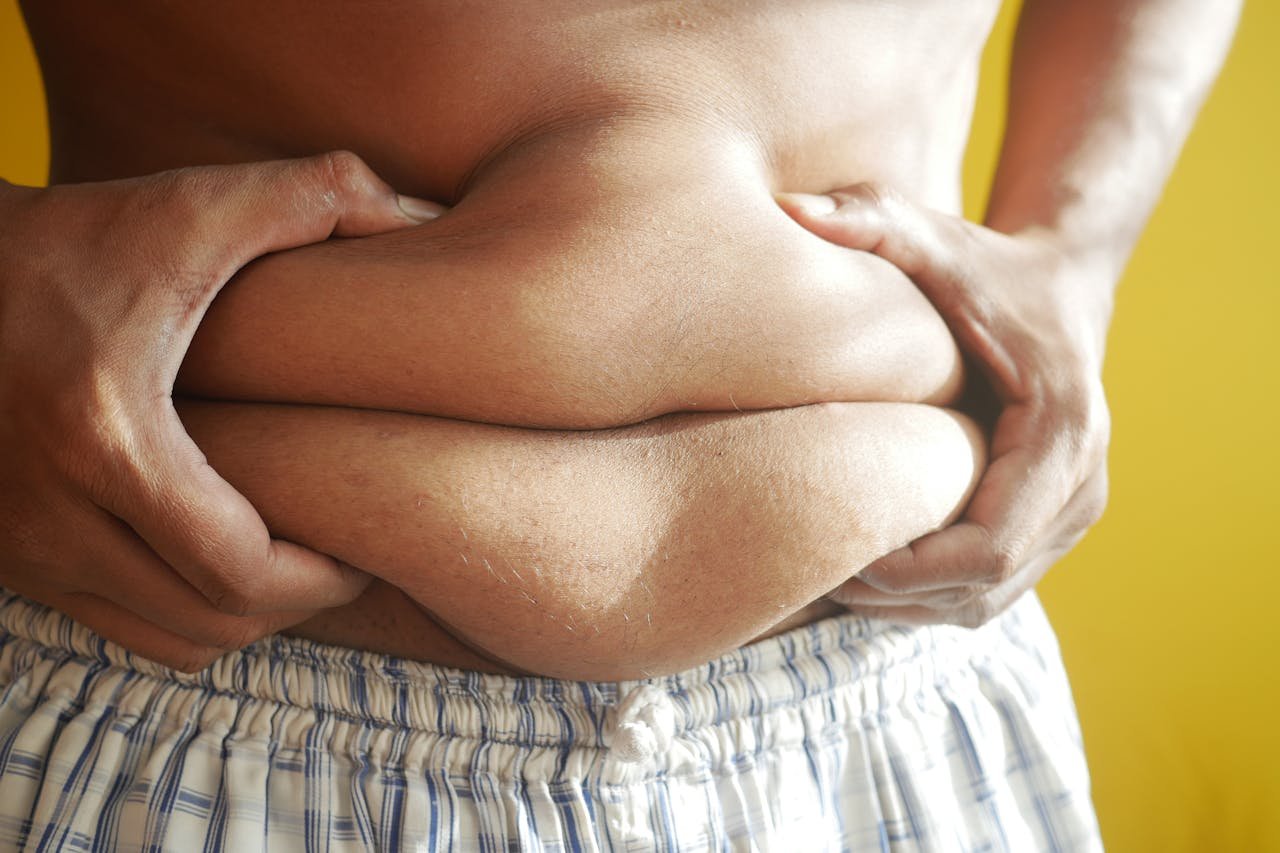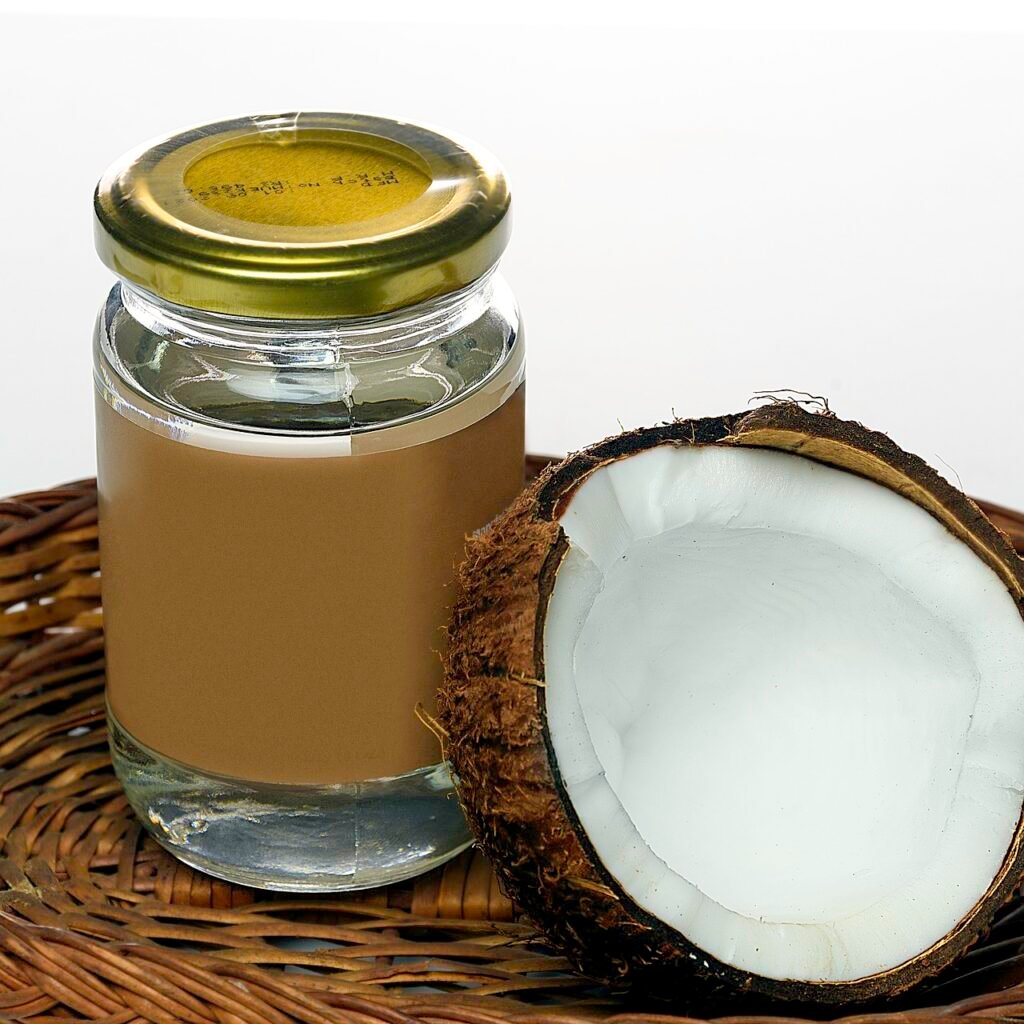Belly fat is a stubborn issue for many men, leading to frustration and endless attempts to trim the waistline. But could boosting your testosterone levels be the secret weapon to finally shedding those extra pounds? The question “does testosterone burn belly fat?” is gaining traction, and for a good reason. This blog post explores the relationship between testosterone and belly fat, uncovering whether there’s truth to the claims that testosterone can help you achieve a leaner, more defined midsection.
The Role of Testosterone in Fat Distribution
To answer the question, “does testosterone burn belly fat?” we must first understand the hormone’s role in the body. Testosterone is primarily known as the male sex hormone, but it also plays a crucial role in regulating fat distribution, muscle mass, and overall metabolism. Higher levels of testosterone are associated with a leaner body composition, while lower levels can lead to increased body fat, particularly in the abdominal area.
Research has shown that men with low testosterone levels tend to accumulate more belly fat. This isn’t just a cosmetic issue; abdominal fat is linked to serious health risks, including heart disease, diabetes, and metabolic syndrome. The connection between low testosterone and increased belly fat is clear, but does increasing testosterone actually help burn belly fat?
Does Increasing Testosterone Burn Belly Fat?
There’s growing evidence suggesting that boosting testosterone levels can help reduce belly fat. When testosterone levels rise, the body’s metabolism tends to improve, leading to more effective fat burning. Additionally, testosterone supports the growth and maintenance of lean muscle mass. More muscle means a higher resting metabolic rate, allowing your body to burn more calories, even when you’re not exercising.
So, does testosterone burn belly fat directly? While it doesn’t target belly fat specifically, higher testosterone levels create conditions in the body that make fat loss—including belly fat—more achievable. However, testosterone alone isn’t a magic bullet. For optimal results, it should be combined with a healthy diet, regular exercise, and lifestyle changes.
Natural Ways to Boost Testosterone for Belly Fat Reduction
If you’re wondering “does testosterone burn belly fat naturally?”, the good news is that there are several lifestyle changes you can make to naturally boost your testosterone levels and, in turn, reduce belly fat:
- Strength Training: Resistance exercises like weightlifting can significantly boost testosterone levels. Aim for compound movements that engage multiple muscle groups, such as squats, deadlifts, and bench presses.
- Healthy Diet: A diet rich in lean proteins, healthy fats, and whole grains can support testosterone production. Avoid processed foods and excessive sugar, which can lower testosterone levels and contribute to belly fat.
- Quality Sleep: Poor sleep is a major factor in low testosterone levels. Aim for 7-8 hours of quality sleep per night to support hormone balance.
- Stress Management: Chronic stress elevates cortisol, a hormone that counteracts testosterone and encourages fat storage, particularly in the abdominal area. Incorporating stress-reducing practices like meditation, deep breathing, or yoga can help.
The Bottom Line: Does Testosterone Burn Belly Fat?
So, does testosterone burn belly fat? The answer is both yes and no. Testosterone can indirectly help reduce belly fat by boosting metabolism, increasing muscle mass, and improving overall fat distribution. However, it’s not a standalone solution. To effectively burn belly fat, testosterone levels should be optimized through a combination of natural methods, such as strength training, proper nutrition, and stress management.
Disclaimer: The information provided on this blog is for general informational purposes only and is not intended as medical advice. Always consult with a qualified healthcare professional before making any decisions regarding your health or starting any new treatments. The content here should not be used to diagnose, treat, or prevent any medical condition. Additionally, please note that this blog is reader-supported. If you click on an affiliate link or advertisement and make a purchase, we may receive a commission at no extra cost to you. This helps us maintain the site and continue providing valuable content.




